Going Green: How to make compost at home
Composting is an inexpensive, natural process that transforms your kitchen and garden waste into a valuable and nutrient rich food for your garden. It’s easy to make and to use. This guide will show you how to get started and provide you with useful tips on how to use your finished compost.
 Do your bit to reduce the amount of waste sent to landfills
Do your bit to reduce the amount of waste sent to landfills
Even for households that are already composting, new research has found that almost half of the food waste in their rubbish bins could have been put in the compost bin. Did you know that composting at home for just one year can save global warming gases equivalent to all the CO2 your kettle produces annually, or your washing machine produces in 3 months?
We’re often asked “Why do I need to compost when my waste will break down in a landfill anyway?” When waste is sent to a landfill, air cannot get to the organic waste. Therefore as the waste breaks down it creates a harmful greenhouse gas, methane, which damages the Earth’s atmosphere. However, when this same waste is composted above ground at home, oxygen helps the waste to decompose aerobically which means no methane is produced, which is good news for the planet. And what’s more, after nine to twelve months, you get free fertiliser for your garden and plant pots to keep them looking beautiful.
Composting Is Easy: A Step By Step Guide
Find the right site
– Ideally site your compost bin in a reasonably sunny site on bare soil. If you have to put your compost bin on concrete, tarmac or patio slabs ensure there’s a layer of paper and twigs or existing compost on the bottom so the worms and other creatures can colonize. Choose a place where you can easily add ingredients to the bin and get the compost out.
Add the right ingredients
– Have a container available such as a kitchen caddy or old ice cream tub so that you can collect items for your compost bin from all over the house. Fill your kitchen caddy or container with everything from vegetable and fruit peelings to teabags, toilet roll tubes, cereal boxes and eggshells. Take care not to compost cooked food, meat or fish.
Fill it up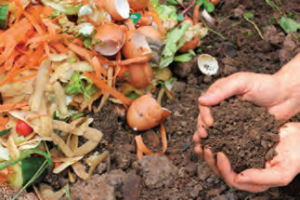
– Empty your kitchen caddy along with your garden waste into your compost bin. A 50/50 mix of greens and browns (see below) is the perfect recipe for good compost.
Wait a while
– It takes between nine and twelve months for your compost to become ready for use, so now all you need to do is wait and let nature do the work. Keep on adding greens and browns to top up your compost.
Ready for use
– Once your compost has turned into a crumbly, dark material, resembling thick, moist soil and gives off an earthy, fresh aroma, you know it’s ready to use.
Removing the compost
– Lift the bin slightly or open the hatch at the bottom and scoop out the fresh compost with a garden fork, spade or trowel.
Use it
– Don’t worry if your compost looks a little lumpy with twigs and bits of eggshells – this is perfectly normal. Use it to enrich borders and vegetable patches, plant up patio containers or feed the lawn.
Making Good Compost
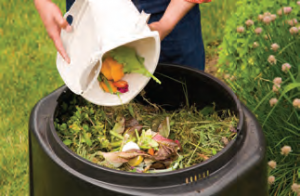
The key to good compost lies in getting the mix right. You need to keep your greens and browns properly balanced. If your compost is too wet and gives off an odor, add more browns. If it’s too dry and is not rotting, add some greens. Air is essential to the composting process and mixing material up as you fill your bin will create air pockets and help keep your compost healthy.
Put These In…
Like any recipe, your compost relies on the right ingredients to make it work. Good things you can compost include vegetable peelings, fruit waste, teabags, plant prunings and grass cuttings. These are considered “greens.” Greens are quick to rot and they provide important nitrogen and moisture.
Other things you can compost include cardboard egg boxes, scrunched up paper and small twigs. These are considered “browns” and are slower to rot. They provide fiber and carbon and also allow important air pockets to form in the mixture. Crushed eggshells can be included to add useful minerals.
‘Greens’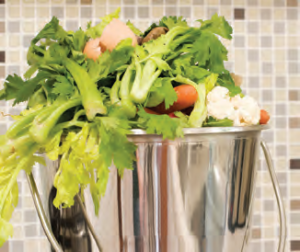
- Tea bags
- Grass cuttings
- Vegetable peelings, salad leaves and fruit scraps
- Old flowers and nettles
- Coffee grounds and filter paper
- Spent bedding plants
- Rhubarb leaves
- Young annual weeds (e.g. chickweed)
‘Browns’
- Crushed egg shells
- Egg and cereal boxes
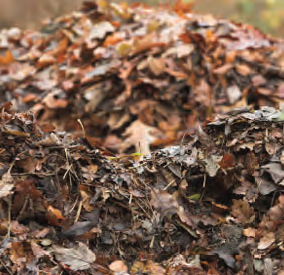
- Corrugated cardboard and paper (scrunched up)
- Toilet and kitchen roll tubes
- Garden prunings
- Twigs and hedge clippings
- Straw and hay
- Bedding from vegetarian pets
- Ashes from wood, paper and lumpwood charcoal
- Sawdust and wood chippings
- Wool
- Woody clippings
- Cotton threads and string (made from natural fiber)
- Feathers
- Vacuum bag contents
- Old natural fiber clothes (cut into small pieces)
- Tissues, paper towels and napkins
- Shredded confidential documents
- Corn cobs and stalks
 Keep These Out
Keep These Out
Certain things should never be placed in your bin. Do not put in…
- Cooked vegetables, meat and dairy products (unless they have first been treated with a specialist Kitchen Composter)
- Diseased plants
- Dog poo or cat litter, or baby’s nappies.
Putting these in your bin can encourage unwanted pests and can also create odor. Also avoid composting perennial weeds (such as dandelions and thistles) or weeds with seed heads. Remember that plastics, glass and metals are not suitable for composting and should be recycled separately.
Finally, Your Compost Is Ready For Use!
The time for putting that finished compost to use has arrived. Before starting you’ll want to find out if it actually is ready to go. You can do this by making sure your compost is dark brown and smells nice and earthy. It should also be slightly moist and have a crumbly texture. It probably won’t look exactly like the compost you buy at the shops and it’s very likely that yours will still have twigs and eggshells in it! Don’t worry… it’s still perfectly good to use! Simply sift out any larger bits and return them to your compost bin.
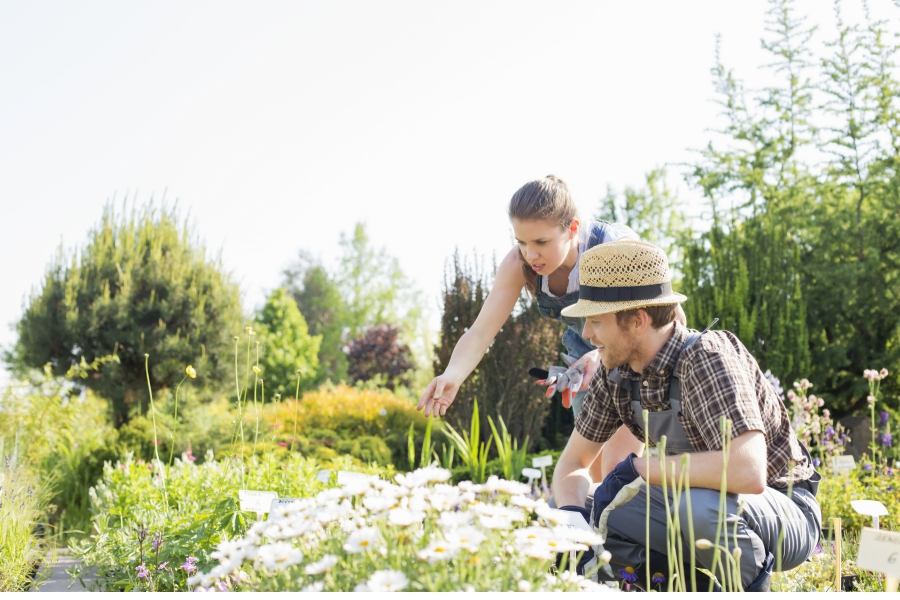
Your fresh compost is nutrient-rich food for your garden and will help improve soil structure, maintain moisture levels, and keep your soil’s PH balance in check while helping suppress plant disease. It has everything your plants need including nitrogen, phosphorus and potassium and it will help buffer soils that are very acidic or alkaline. Compost improves your soil’s condition and your plants and flowers will love it!
References:
www.getcomposting.com
www.betterearthcompost.com
www.motherearthnews.com

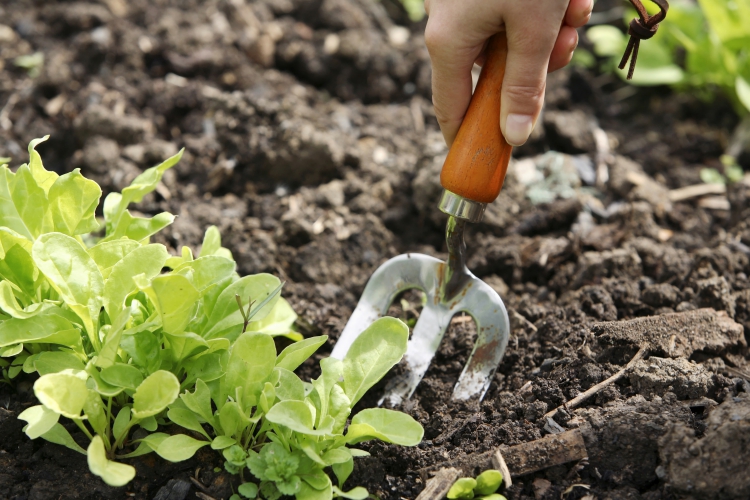
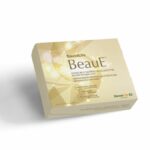



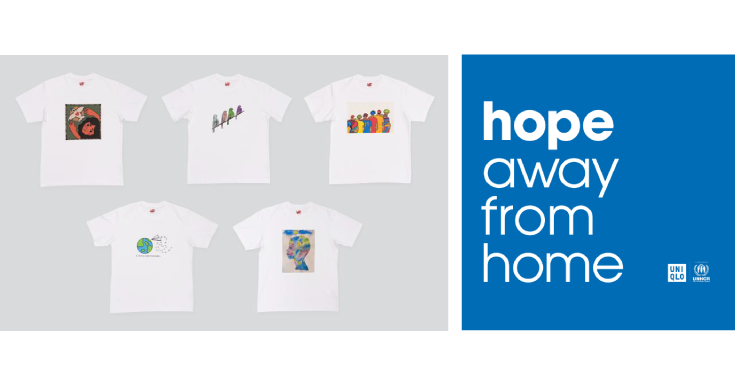






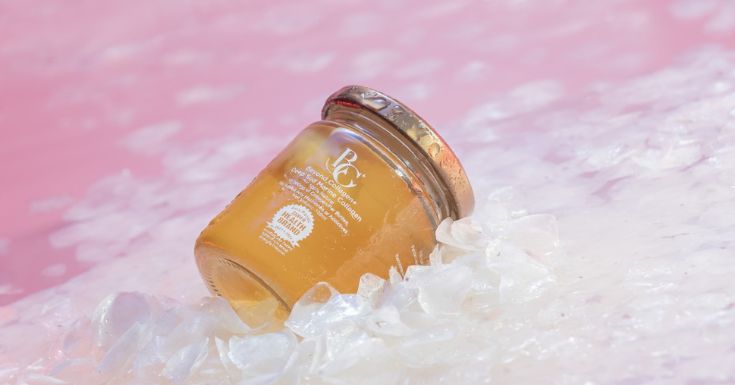







Leave a comment